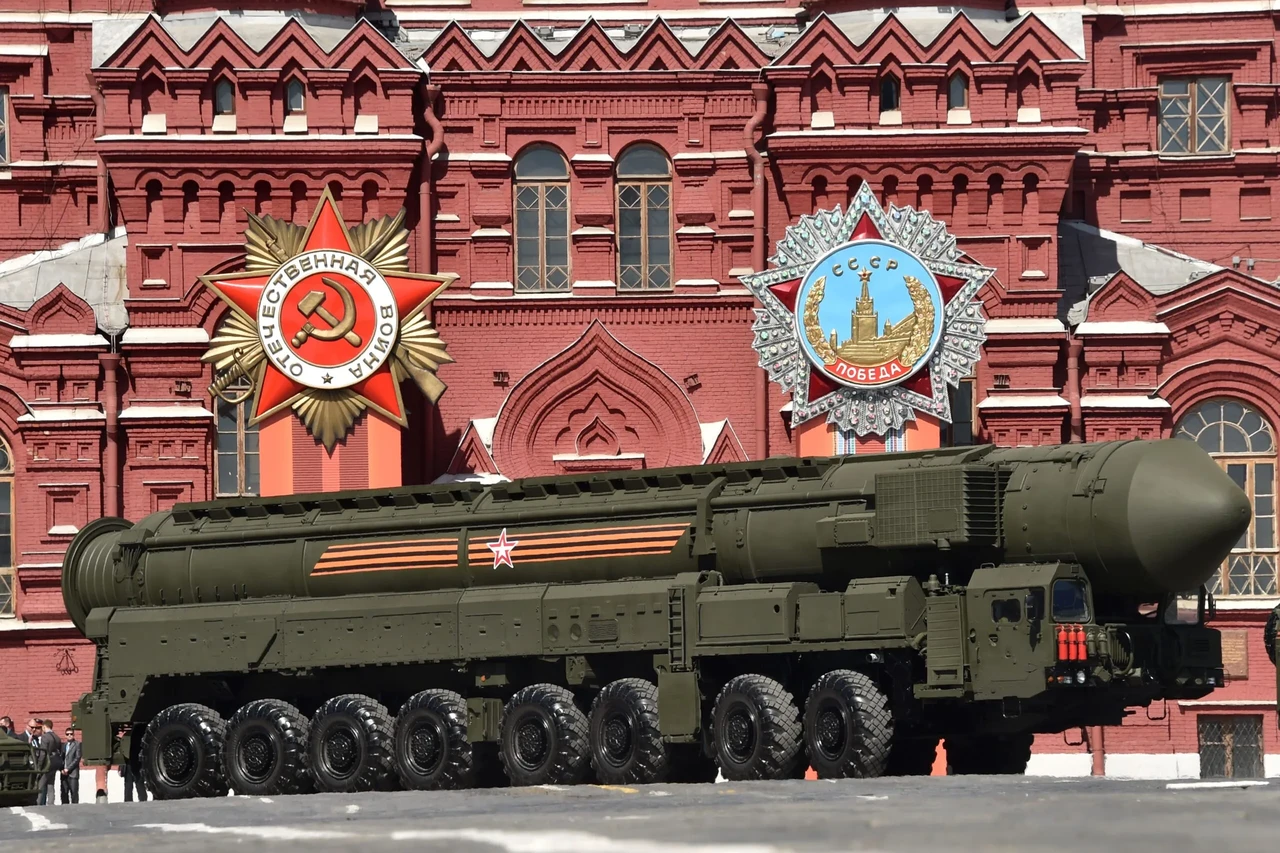Iran-Israel/US rivalry: Dissecting the staged fight
 A general view of Tehran after several explosions were heard in Tehran on October 26, 2024. (AFP Photo)
A general view of Tehran after several explosions were heard in Tehran on October 26, 2024. (AFP Photo)
On the night of Oct. 25-26, Israel’s retaliatory strike against Iran once again spotlighted the Tehran-Tel Aviv rivalry on the global stage. Reports indicated that only four Iranian soldiers were killed in Israel’s three-hour retaliation.
In response to the killing of Hezbollah leader Hassan Nasrallah, the Iranian government claimed that 200 ballistic missiles were fired at Israel. However, only one person, a Palestinian Muslim, was killed by a missile that struck the occupied West Bank on Oct. 1.
This theater, illustrating the staged nature of the conflict in every respect, continues between Iran and Israel. While Iran asserts it will erase Israel from the map, Israeli officials label the Iranian government a terrorist regime, underscoring the necessity for regime change in Tehran.
Certainly, hostile statements from Tehran and Tel Aviv are not new. Since the Islamic Revolution in 1979, the two countries have been in a state of “tension.” However, the authenticity of this strain remains questionable, much like the U.S. fight against Iran, which is rooted in ensuring Israel’s security in the Middle East. How so? Let’s revisit November 1986.
Irangate scandal
The cadres who executed the Islamic Revolution in Iran draw their power from the narrative of combating the “great Satan,” referring to the U.S., and the “little Satan,” referring to Israel. This perception of external threats has effectively mobilized the Iranian masses since 1979. However, the Iran-Iraq War, which spanned from 1980 to 1988, exposed the largely rhetorical nature of this narrative.
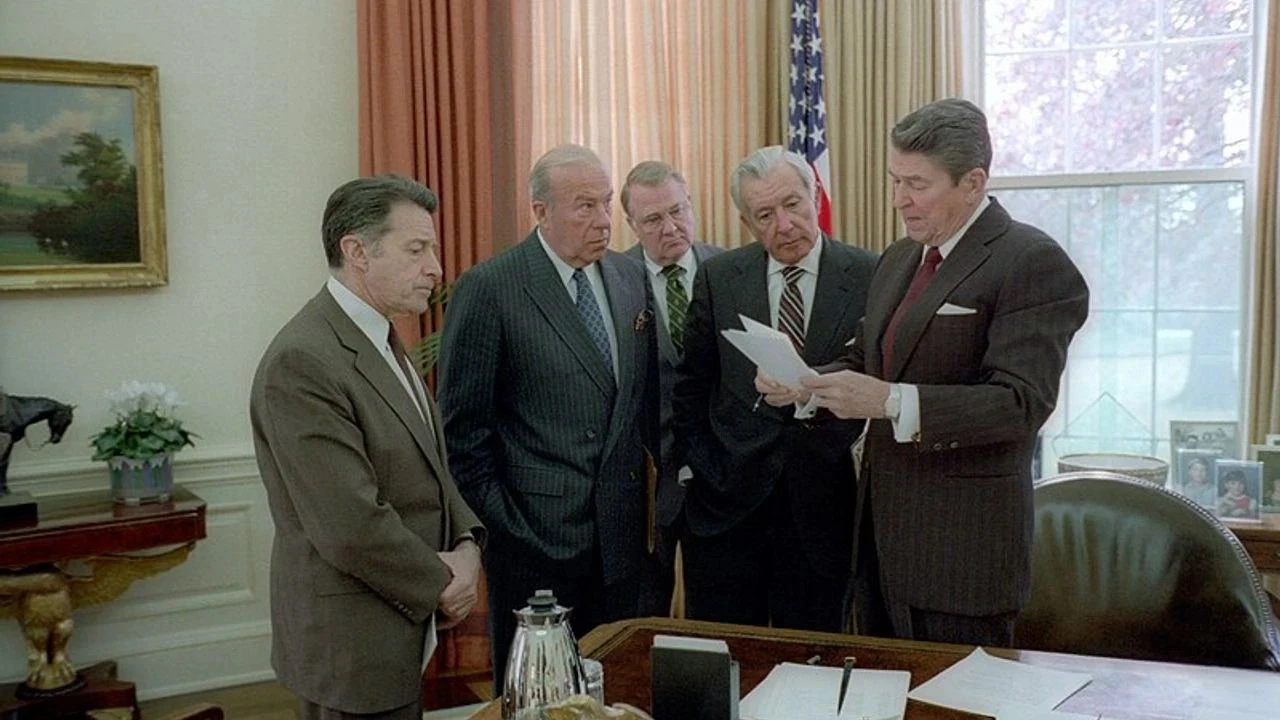
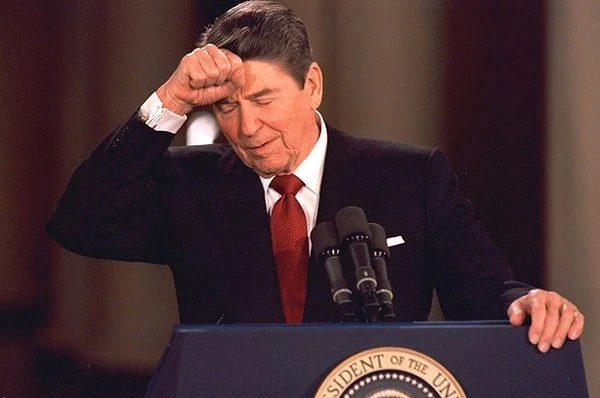
The event known as the Irangate scandal exposed that the Washington administration was selling weapons to Iran during Ronald Reagan’s presidency. Although Reagan initially denied this truth, which was revealed by the Lebanon-based magazine Ash-Shiraa, he was soon forced to confirm it.
In other words, the logic of “friends do business with each other” was at play between the two countries.
Is there secret agreement between Iran, U.S.-Israel duo?
The lesson from the Irangate scandal underscores the necessity of viewing events developing within the U.S.-Israel-Iran triangle in Middle Eastern geopolitics with skepticism. In recent years, examining regional crises suggests three states that have gained from geopolitical tensions: Iran, Israel and the U.S.
This bold claim can be substantiated with recent historical examples, particularly the Arab Spring. The Arab Spring refers to social uprisings in Egypt, Tunisia, Syria, and Yemen, where people sought to overthrow long-standing dictatorships and promote democratization.
However, in places like Syria and Yemen, this process morphed into an “Arab Winter.” Civil wars resulted in millions fleeing their homes and led to hundreds of thousands of deaths, allowing Iran to capitalize on the chaos by leveraging Shia militias to enhance its regional positions.
Iran has significantly expanded its influence in countries such as Syria, Iraq, Lebanon and Yemen through Shia militia groups, increasing the “Iranian threat” perceived by Gulf Arab countries. As Iran extends its reach in the Middle East, states wary of Iran’s influence due to Shia-Sunni divisions have sought new security measures. What steps have Arab states like Saudi Arabia, the UAE and Egypt taken in response to Iranian expansionism?
These countries have increasingly entrusted their security to the U.S., paralleling their perceived threats from Iran. This has allowed the U.S. to increase arms sales to Middle Eastern nations, generating substantial revenue. However, the issue doesn’t end there. Let’s recall the Abraham Accords.
In simplest terms, the Abraham Accords refer to a process under Donald Trump’s administration in which Gulf Arab countries recognized Israel and normalized relations with Tel Aviv. This has legitimized Israel’s occupations, evident in the silence of the Arab world regarding Gaza and the Netanyahu administration’s actions. The Iranian threat also secures the U.S.’s continued regional presence, creating a geopolitical scenario where actors – other than the U.S., Israel and Iran – have become dependent on a central power.
Whether a secret agreement exists between the U.S.-Israel duo and Iran, their interactions hint at a mutually beneficial arrangement. It’s worth recalling Trump’s statements regarding events following the assassination of Iranian military officer Qasem Soleimani.
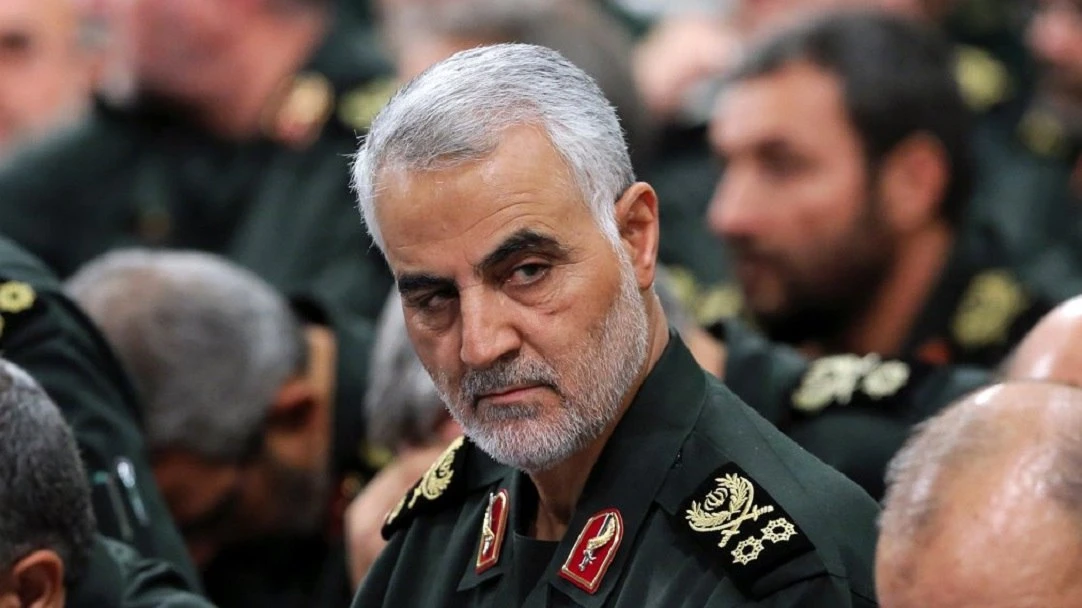
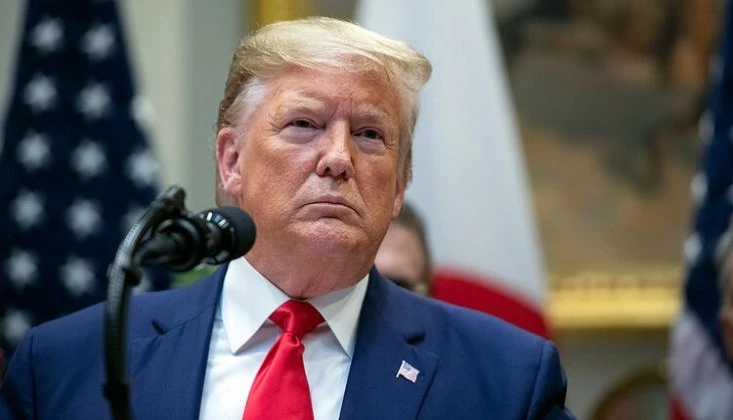
What happened after the Soleimani assassination?
On January 3, 2020, the U.S. killed Iranian military officer Soleimani, the legendary commander of the Quds Force of the Iranian Revolutionary Guard Corps (IRGC), in an attack on Baghdad Airport. Soleimani had become an central figure, especially after the Arab Spring, gaining considerable fame. The IRGC had even started to function as Iran’s “parallel state,” with the authority to appoint ambassadors directly to countries like Lebanon, Iraq and Syria, bypassing the Ministry of Foreign Affairs.
The assassination of Soleimani may have been an option Tehran did not oppose, enabling internal realignment and allowing intelligence leaks to the U.S. While this cannot be proven, Trump’s remarks regarding Soleimani’s death are worth revisiting.
After the assassination, Iran launched attacks on U.S. bases in Iraq, resulting in Iraqi, but not American, casualties. Additionally, Iran mistakenly downed a passenger plane with Ukrainians on board. Trump, recounting the U.S. base attack during a rally on November 2, 2023, stated:
“The Iranians called us and said, ‘Listen, we have no choice. We have to hit you. Because we have respect for ourselves.’ And I understood them. This is a story I’ve never told before. When Iran shot down one of our drones, the drone was 14 years old. It wasn’t very valuable. There was a large manned aircraft nearby with 39 engineers and pilots on board. I asked the generals, ‘Did they shoot down the plane behind it?’ They said, ‘No, sir, they didn’t.’ I thought that was interesting.”
Do mutual retaliations between Iran, Israel remind you of what Trump described?
Since October 7, 2023, Israel has reportedly killed around 43,000 civilians in the Gaza Strip and used bunker-busting bombs in Lebanon, killing Nasrallah in his underground bunker. However, in attacks on Iran, Israel seems unable to penetrate Iran’s air defenses, with only four casualties reported.
The situation is similar for Iran. A country that has spilled as much Muslim blood as Israel due to the Syrian Civil War, Iran has also failed to make a significant impact with its attacks on Israel. These mutual attacks resemble the period when Iran targeted a U.S. base and downed an American drone.
As the conflicts in Gaza and Lebanon persist, the “staged theater” between Iran and Israel continues. Both sides seem to strengthen their positions through actions that prevent placing each other in a genuinely challenging situation, reflecting a mentality akin to “friends just shopping.”


